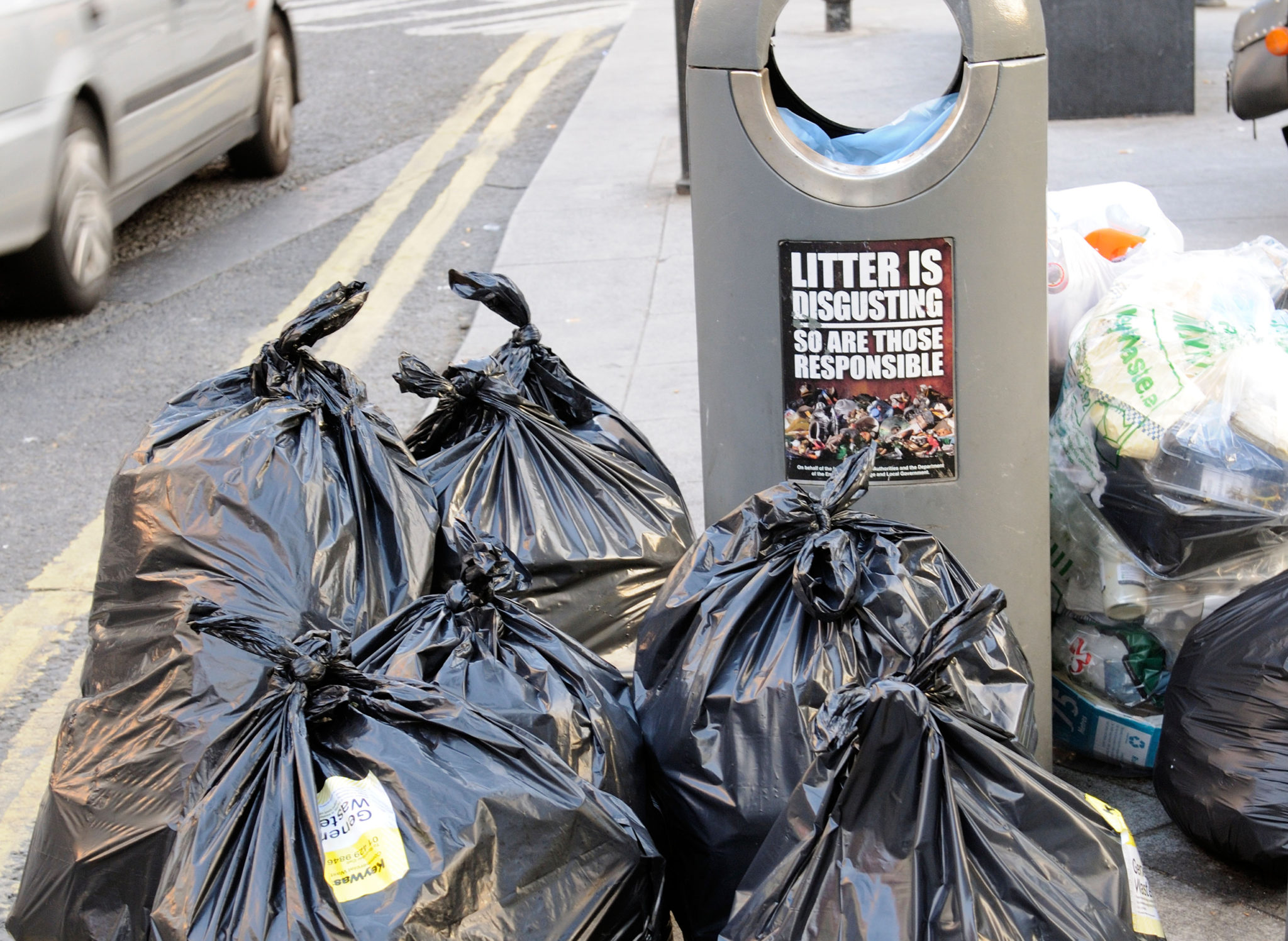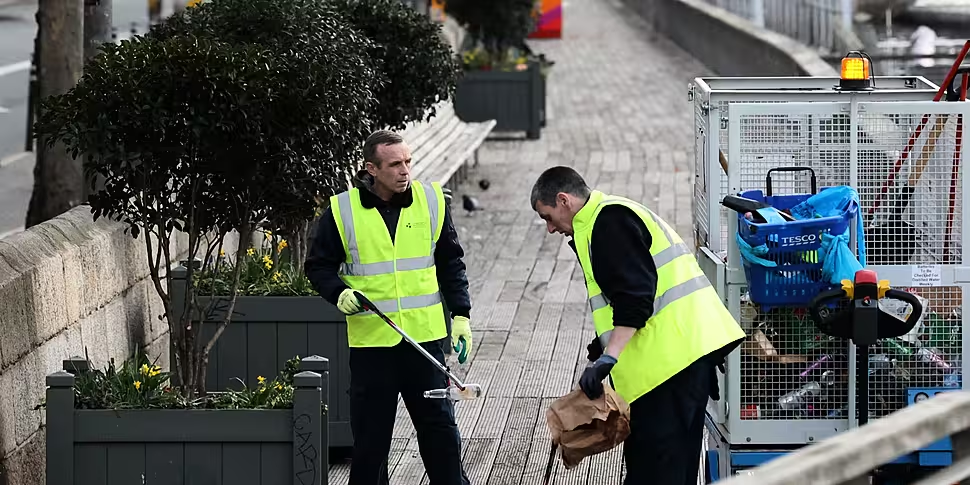Local authorities have to ensure infrastructure is in place around litter and waste management, a business group has said.
In the last in a series of articles, Newstalk is bringing you local election snapshots in the run-up to the elections on June 7th.
There are 31 local authorities in Ireland.
They provide hundreds of services ranging from roads, planning, housing and economic and community development.
One of the many issues they consider is that of litter and waste management on our streets.
Ibec's Head of Infrastructure and Environmental Sustainability Aidan Sweeney said local authorities have to make sure infrastructure is there.
"Waste must be seen as part of meeting our climate actions targets," he said.
"This will require leadership by local authorities to ensure the necessary enabling infrastructure is in place.
"Waste management planning - including infrastructure provision - remains the responsibility of each of the 31 local authorities.
"These are reflected in regional waste management plans."
 Bin bags await collection in Dublin. Image: Peter Titmuss / Alamy Stock Photo
Bin bags await collection in Dublin. Image: Peter Titmuss / Alamy Stock PhotoMr Sweeney said local authorities should trial different approaches to waste collection.
"Local authorities should work with the waste collection sector to identify and trial solutions to the collection of waste in city and town centres," he said.
He believes this should involve "cutting down on bagged waste and contributing to cleaner streets".
"The country is facing increasing capacity constraints, which will need to be addressed locally if we are to underpin our ambition in making Ireland a better place to live and work," he said.
"Critical skills and resources must be in place across core local government services - including street cleaning and public bins.
"We also need to ensure that local authorities have access to architects, planners, engineers, and other essential skills to ensure services are responsive and resourced".
Mr Sweeney said while waste collection itself is largely privatised, it is regulated by both the Environment Protection Agency (EPA) and the local government sector.
Supporting the circular economy
Mr Sweeney also said more work is "urgently needed" to deliver on the Circular Economy Strategy, which aims to replace Ireland's take-make-waste model of production and consumption.
"The circular economy keeps resources in use for as long as possible, extract the maximum value from them whilst in use, then recover and regenerate products and materials at the end of life," he said.
"It offers a tremendous opportunity for businesses to develop new and innovative products and services.
"However, we must also support those local businesses in transitioning to new ways of doing business," he added.
According to the EPA, Ireland is off-track to meet mandatory EU recycling targets from 2025 for municipal waste, packaging waste and plastic packaging waste.
These are a 55% recycling target by 2025, 60% by 2030 and 65% by 2035.
Voters go to the polls in the local and European elections on Friday June 7th.









